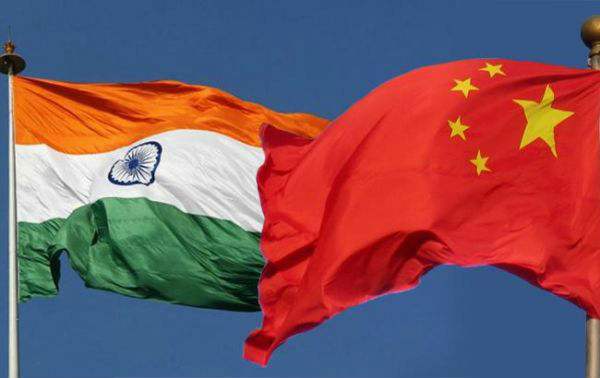Major Power Relations
Your Present Location: PROGRAMS> Major Power RelationsChina needs solid proof in Azhar case
Source: Global Times Published: 2019-3-14
China suspended India's latest bid to list Masood Azhar, the leader of Pakistan-based militant group Jaish-e-Mohammed (JeM), as a global terrorist, to give it more time to examine the request. Why did China take this position? Will it affect future China-Pakistan-India relations? Three experts shared their views with the Global Times.
Liu Zongyi, senior fellow of Shanghai Institutes for International Studies, and a visiting fellow of Chongyang Institute for Financial Studies, Renmin University of China
Whether to list JeM chief Azhar as a global terrorist has been a long-lasting dispute between China and India. In 2017, New Delhi's demand was partly behind the Doklam standoff.
If New Delhi succeeds in having both JeM and its leader blacklisted, Islamabad would be branded as a state sponsor of terrorism and isolated on the international stage. This is what India wants to pursue till the end.
China's technical strategy is to question India's definition of terrorism, which lends itself to deep divisions. There is a lack of consensus to proscribe Azhar under the 1267 Al Qaeda Sanctions Committee of the UN Security Council.
JeM has been included in the Security Council terrorism sanctions list. It does not target civilians but the Indian military and police.
India is forcing China to support its bid. But China will not yield to pressure.
With India's general election drawing near, national security and terrorism have become the hottest issues. China putting a hold on the UN proposal will definitely lead to China-bashing in Indian media. This is inevitable and we can do nothing about it.
New Delhi always links a small issue to the larger canvas of China-India bilateral ties, and asks for favors without paying back.

Long Xingchun, a visiting fellow of Chongyang Institute for Financial Studies, Renmin University of China
China is concerned about the recent attack in Kashmir and feels sympathetic toward the victims. But this will not alter China's consistent stance toward the status of Azhar.
If India cannot offer new evidence, China will not change its position. If China does, it will be a repudiation of its previous stance and leave the impression that it was deliberately blocking India's bid in the past. This will have a much wider impact on China's diplomacy.
It is not known if India has consulted China and Pakistan beforehand. If it wants China to back its claims, it should hand out solid evidence against Azhar as China has always requested. But if there is no new evidence, India should anticipate China's refusal.
On the other hand, India's latest bid to list Azhar as a terrorist, to a large extent, is to assuage public concern. The recent Kashmir attack has once again ignited public anger against Pakistan, and the Indian government has realized it should at least make some gestures. Meanwhile, the Indian government can divert public attention in the run-up to the elections toward China.
China has spared no efforts in pushing forward international cooperation in anti-terrorism efforts, but at the same time hopes other countries will not hold double standards on terror attacks on its soil.
Zhang Jiadong, director of Center for South Asian Studies, Fudan University
China's position on Azhar is consistent as India failed to provide updated evidence. China and India should eye the bigger picture and prevent differences over concrete issues coming in the way of bilateral relations; otherwise, it will hurt the interests of both countries, especially India.
Treating organizations and individuals differently is something that occurs frequently. Terrorism is the enemy of mankind. However, some terrorist organizations often target specific countries and ethnic groups. This easily causes differences in understanding, leading to hurdles in forming an international consensus. Many anti-China terrorist organizations and their leaders are still active in many countries and regions and are sometimes treated as guests. Whether this phenomenon can be treated rationally is an important indicator of a country's maturity.
Long Xingchun and Liu Zongyi are visiting fellows of Chongyang Institute for Financial Studies, Renmin University of China























































































 京公网安备 11010802037854号
京公网安备 11010802037854号





